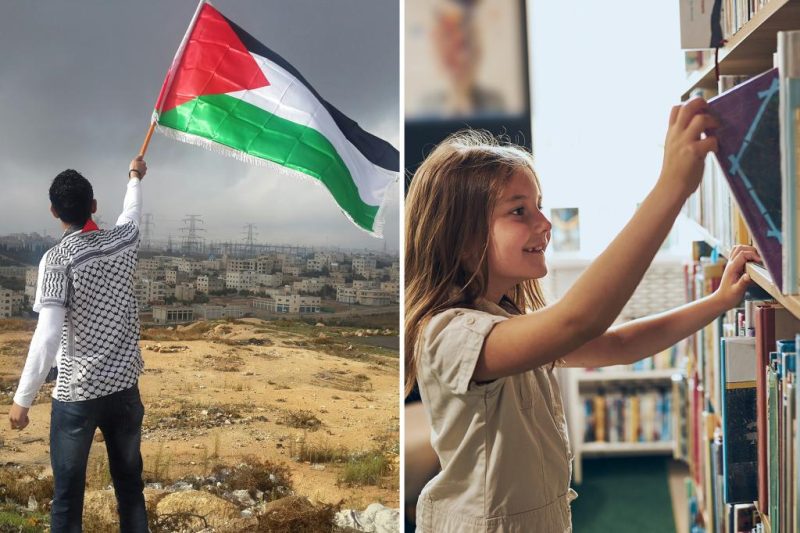
A recent incident at a Falls Church, Virginia public library has ignited a debate about representation and censorship in children’s literature. The library relocated a pro-Palestinian alphabet book from its usual spot in the children’s section following complaints from patrons. While the library hasn’t explicitly stated the reasons behind the move, the action has sparked considerable discussion on social media and within the community.
The book, whose title hasn’t been publicly released, is understood to present a pro-Palestinian perspective on the Israeli-Palestinian conflict. The decision to move it, however subtle, has been interpreted by some as an act of censorship, suggesting an attempt to limit exposure to potentially controversial viewpoints for young readers. Others argue that the library has a responsibility to consider the sensitivities of all its patrons and potentially avoid material that could be considered upsetting or divisive.
This incident highlights the ongoing tension between providing diverse perspectives in libraries and ensuring a welcoming environment for all. It raises questions about the role of libraries in fostering open dialogue and critical thinking, particularly when dealing with complex and often polarizing geopolitical issues. The debate underscores the challenges libraries face in navigating potentially contentious content while upholding their commitment to serving the entire community.
The library’s decision to relocate the book, rather than remove it entirely, suggests a desire to find a compromise. However, the move itself has become a focal point for larger discussions about inclusivity, representation, and the importance of providing children with diverse and nuanced viewpoints on important global events. The incident serves as a reminder of the vital role libraries play in shaping young minds and the complexities involved in curating a collection that reflects a diverse community while remaining sensitive to individual concerns.










